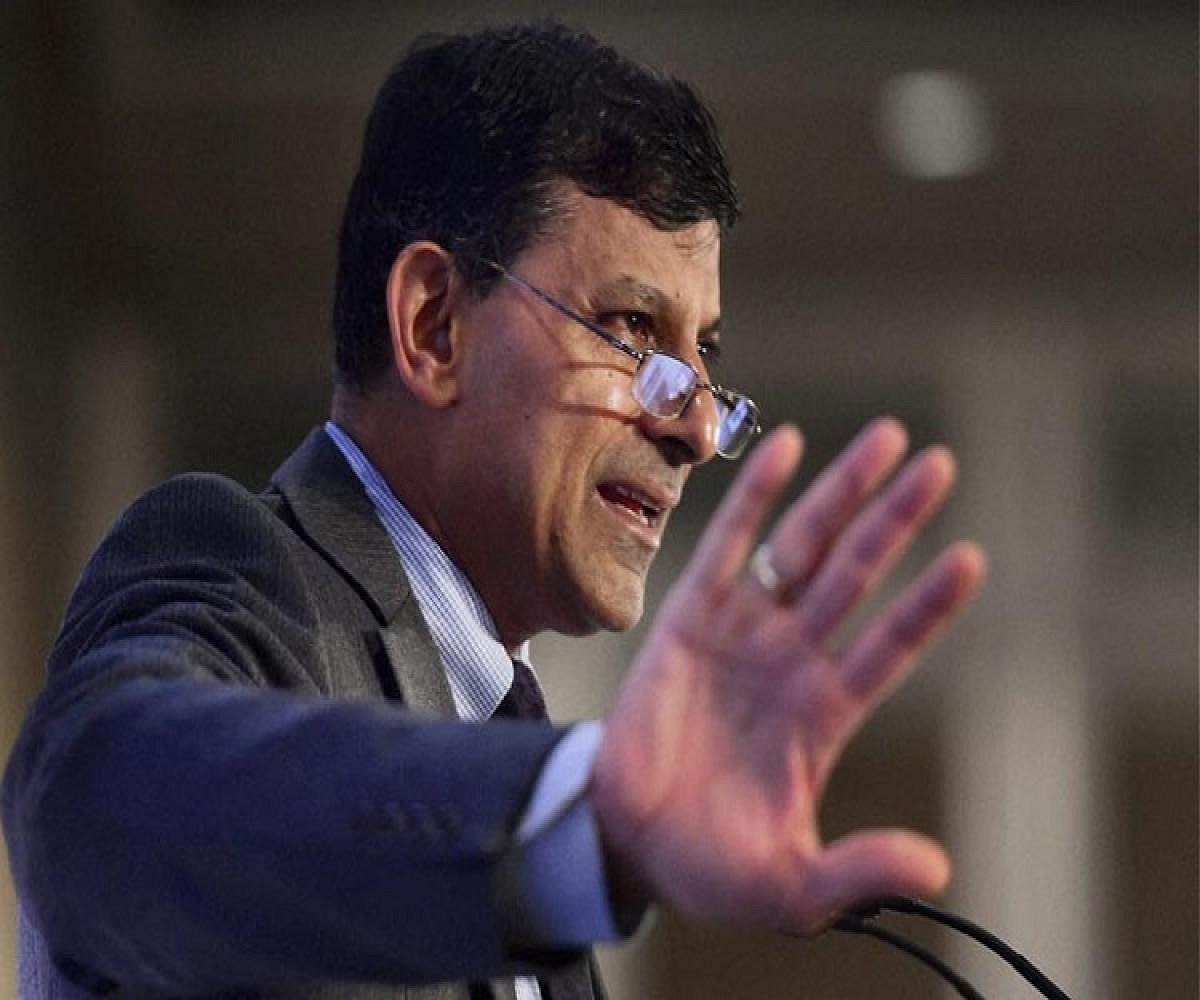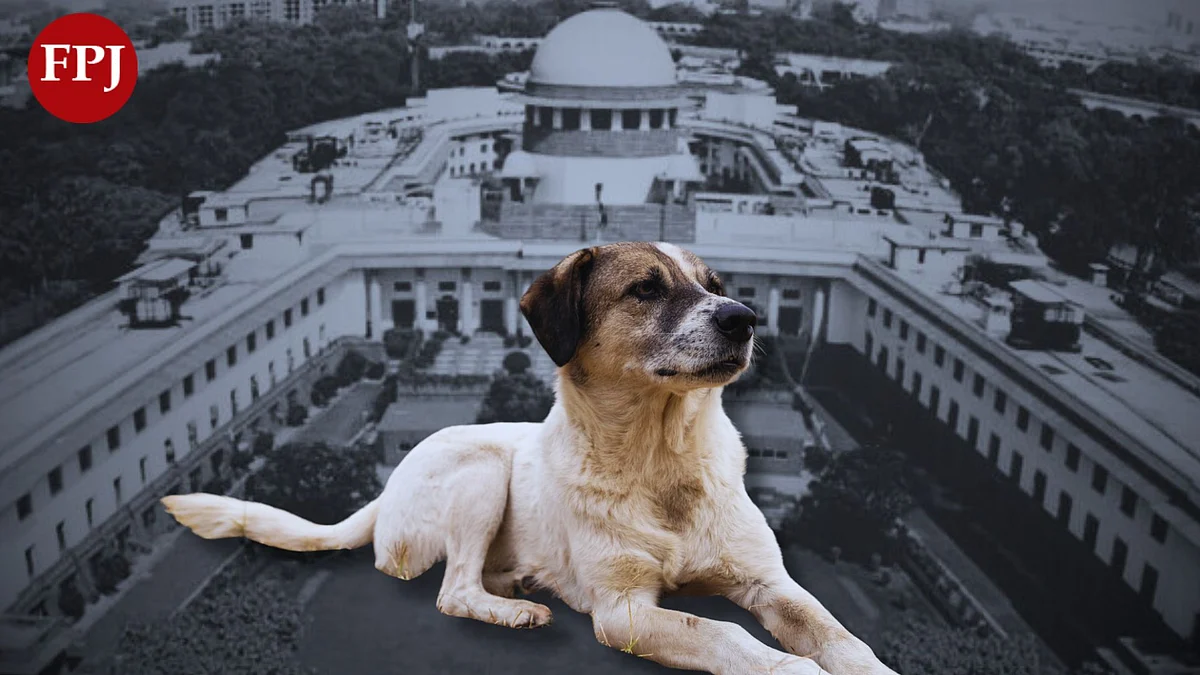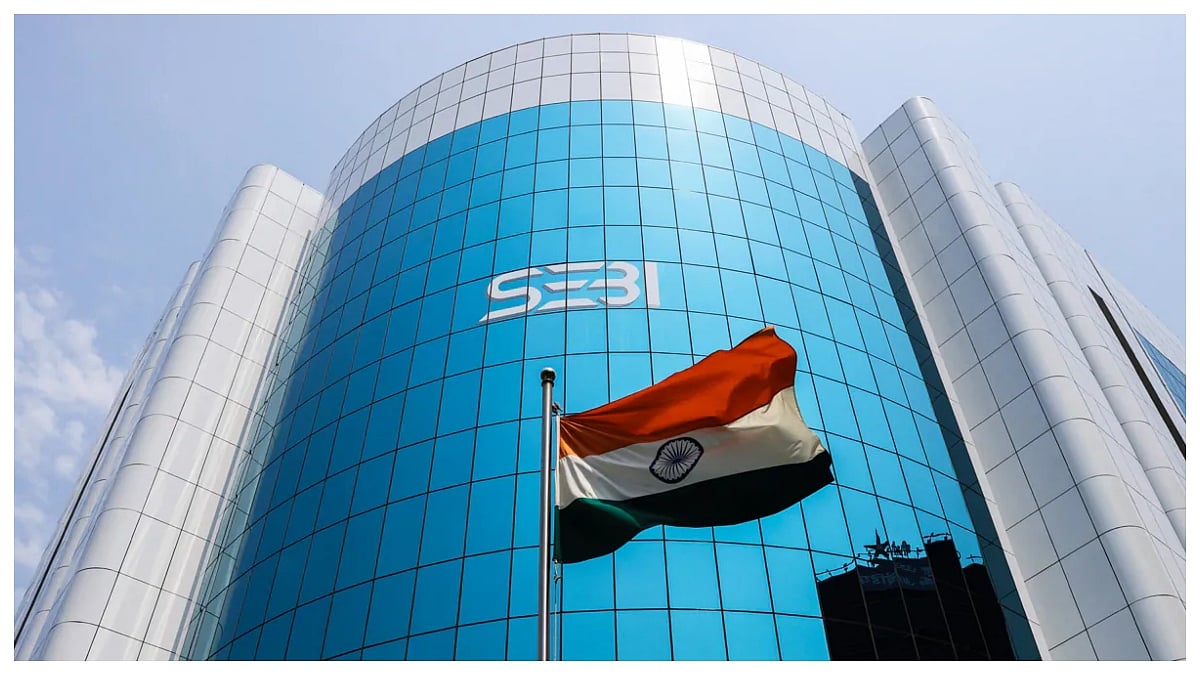The controversy following the recent publication of a report of an Internal Working Group of the RBI is not surprising, to say the least. For, it notes that all the experts it consulted, barring one, recommended that industrial houses/corporates should not be allowed to set up banks. Yet, the committee goes and does the opposite, that is, recommend that big industrial houses ought to be allowed to set up banks. Why?
Former RBI Governor Raghuram Rajan and former RBI Deputy Governor Viral Acharya suspect that the IWG report has done this to clear the path for a big business house to enter the banking sector. In the absence of evidence, they speculate, not unlike journalists, to argue that otherwise there was no need for the RBI to come up with this extraordinary recommendation at this point of time. They surmise that an industrial house with a payments bank licence may be keen to convert it into a bank.
While their guess is as good as anyone else’s, we are not in principle against the entry of big business into the banking sector. However, in the light of past experience when major industrial houses had owned banks before their nationalisation in 1969, of course, for purely political reasons, we too would be concerned about the clear conflict of interest insofar as the promoter industrial group would favour his own to lend funds mopped up from millions of small depositors.
Yet, this is not to deny that thanks to strong regulatory supervision, large foreign banks are closely linked to major business interests. In short, there cannot be a blanket ban on the entry of big business into the banking sector. The trouble lies with our weak and vulnerable regulatory system, which is not immune to political/corporate pressures. There is also speculation that some existing Non- Banking Financial Companies could be allowed to transform into scheduled banks, but the trouble again is some of these NBFCs are already closely linked to business houses.
Besides, the scam in the ILFS and Yes Bank, promoted by professional managers, would suggest that no one is above abusing their position. Also, the mess in the public sector banks with ever increasing non-performing loans is evidence of the larger malaise which leaves no institution, public or private, untainted by corruption and nepotism. The fear of concentration of wealth in a few hands is secondary to the lack of integrity in the system. Under the circumstances, the best course is for the public sector banks to divest big so that the government remains in control as the single largest stake-holder with, say 15 per cent of equity, while remaining 85 per cent is widely held by the Indian public. Why the Modi Government is shying away from such a sensible course defies logic.
Rest in peace, Ahmed Patel
The death of Ahmed Patel from Covid-19 complications arising is a big blow to the established order in the Congress Party. A low-key leader who exuded immense power in the UPA decade, his proximity to Congress President Sonia Gandhi as her longtime political secretary made him control both the party and the government without his holding a formal office. Ahmedbhai, as he was popularly called, was a quintessential backroom manager. He pulled irons from the fire for her, acted as a bridge between her and the party and also with other UPA constituents.
Informally, he exercised tremendous control over investigating agencies such as the CBI, ED, etc. He did what Home Minister Amit Shah is supposed to be doing in the current government but without any fanfare. Of late, his hold over the party had weakened somewhat due to the slow but certain transformation underway, from Sonia Congress to Rahul Congress.
For Sonia Gandhi he was indispensable, defusing internal revolts such as the recent one by Sachin Pilot in Rajasthan or muting the voices of dissent, as those of the 23 letter-writers. Again, he outfoxed Shah when he managed to get re-elected to the Rajya Sabha despite induced defections by a group of party MLAs in Gujarat. The Congress Party has lost a key leader adept in political management with wide contacts in the bureaucratic and political establishments.









